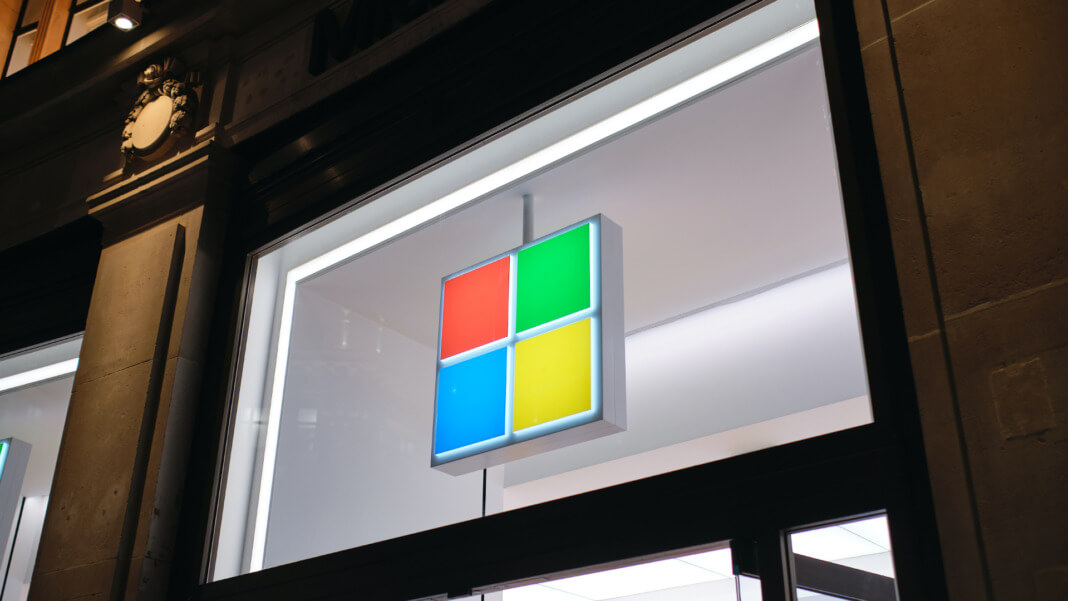According to a report on October 6, Singapore’s growing digital sector marked a significant milestone in 2022, contributing a substantial 17.3% to the nation’s economic growth while fuelling the creation of over 200,000 tech jobs.
A detailed glimpse into the digital economy
The insights, marking the official measure of the size of Singapore’s digital economy, emerged from a collaborative report by the Infocomm Media Development Authority (IMDA) and Lee Kuan Yew School of Public Policy, as reported by Channel NewsAsia. The report sheds light on a positive trajectory over five years from 2017 to 2022, underlining the digital realm’s expanding footprint in Singapore’s economic landscape. The notable jump from 13% to 17.3% in the digital economy’s share of the gross domestic product (GDP) translates to a near doubling of its value from S$58 billion to S$106 billion. This growth mirrors a robust pace and places Singapore in a favourable light when juxtaposed with other open economies like Estonia, Sweden, and the United Kingdom.
The digital sector’s robust annual growth rate of 12.9% since 2017, surpassing the overall economy’s growth rate, has catalysed job creation. The number of tech jobs rose from approximately 155,500 to 201,100, enhancing the percentage of tech professionals in the total employment sector from 4.2% to 5.2%. Furthermore, the local workforce reaps the benefits of this boom, with over 70% of tech positions occupied by Singaporeans and permanent residents, who enjoy competitive pay scales. The median monthly earnings for tech professionals stand at S$7,376, showcasing an upward trend from S$5,512 in 2017, and considerably outshines the overall median monthly earnings of S$4,500.
Sector-wise digital proliferation and future outlook
The report outlines that the digital economy covers two main areas: the value from the information and communications sector and the value created by digitalisation in various other sectors of the economy.
About one-third of the former’s digital economy is propelled by digital services like telecommunications, computer programming, IT consultancy, cloud computing, software development, and content and media production and distribution. With a contribution of S$33 billion or 5.4% to the overall GDP, this sector, spearheaded by substantial growth in games, online services and e-commerce, has been the fastest to expand from 2017 to 2022.
On the flip side, the ripple effect of digital investments in other sectors has been quite pronounced, surging from S$39 billion in 2017 to S$73 billion in 2022, which equates to 11.9% of Singapore’s GDP. The financial, insurance, wholesale trade and manufacturing sectors are the primary contributors to this growth. Additionally, the report highlights a positive uptick in technological adoption among firms, with 94% embracing at least one digital technology in 2022, a significant rise from 74% in 2018. However, the adoption pace varies between larger and small and medium enterprises (SMEs), with the latter showing a substantial uptake in e-payment systems but a slower adoption rate of other technologies.
As Singapore continues to navigate the digital wave, the sustained demand for tech professionals, despite the global tech layoff trend, underscores the digital economy’s pivotal role. The journey ahead seems laden with opportunities for further growth and the potential for Singapore to bolster its position on the global digital map.





